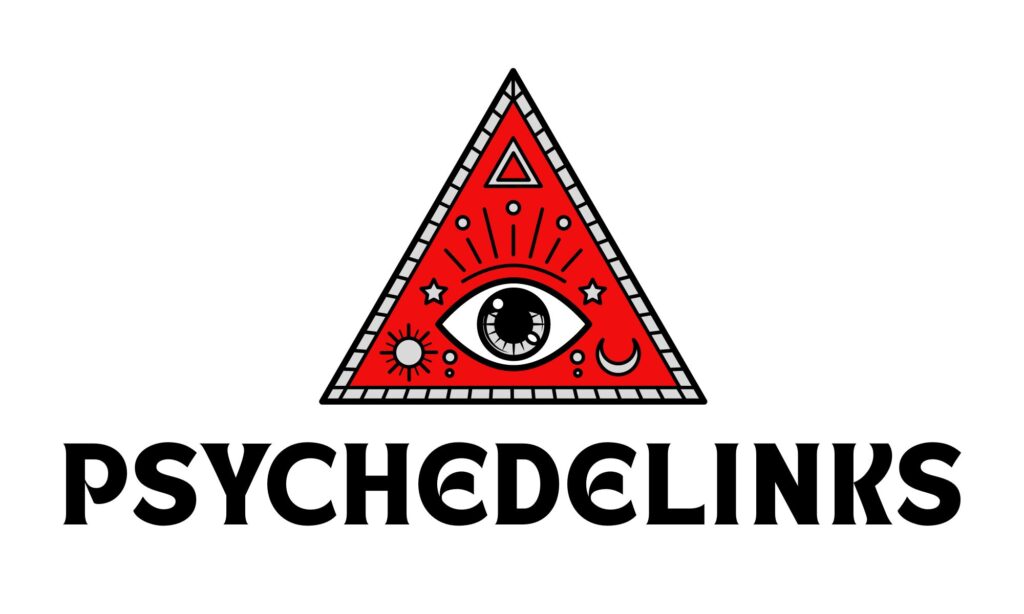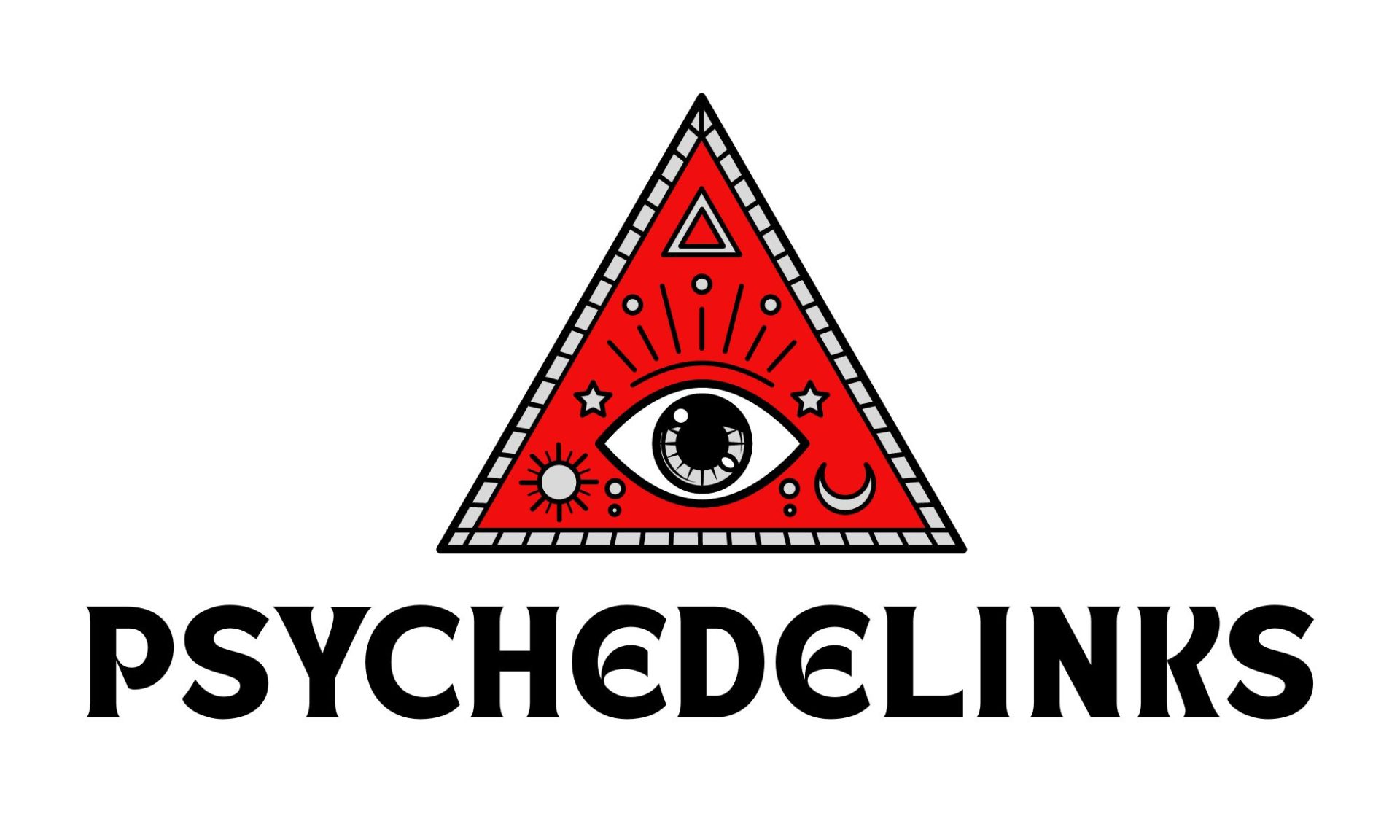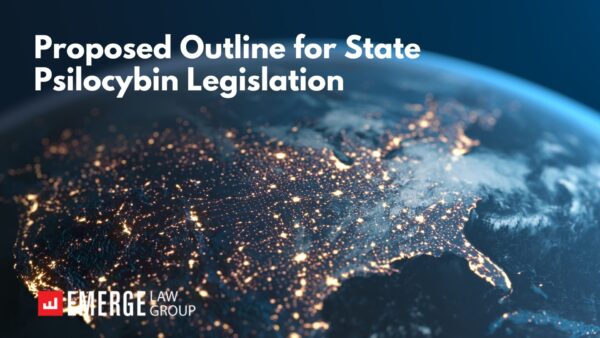PsychedeLinks is a curated selection of top news stories impacting business, research, and culture in the psychedelics ecosystem, crafted by Emerge Law Group’s groundbreaking Psychedelics Group.
Emerge’s Hot Take
Oregon Approves First Psilocybin Service Center License
Nearly three years after voters approved Measure 109, which made Oregon the first state in the country to legalize psilocybin, on Friday the Oregon Psilocybin Services section issued the first service center license - to EPIC Healing Eugene, owned by Cathy Jonas. Once licensed, service centers can employ and/or contract with licensed facilitators who are trained in providing preparation, administration, and integration sessions to clients. Service centers will sell psilocybin products that were produced by licensed manufacturers and tested by licensed laboratories. Clients 21 years of age or older may access psilocybin services, and while they won’t need prescriptions or referrals from healthcare providers, they must first complete a preparation session with a licensed facilitator.
If they meet the criteria to move forward, they may participate in an administration session at a licensed service center, where they may consume psilocybin products in the presence of a trained and licensed facilitator.
“Oregon has now issued at least one Service Center, Manufacturer, Laboratory, and Facilitator license, and almost 100 worker permits, all of the license types under the newly created program. While the process was not free from controversy, this approval represents the culmination of years of cooperative work by government, businesses, and the public,” said Emerge’s Matt Brockmeier. “It’s also instructive as other states, like Colorado, are also creating similar regulatory schemes. Psychedelic decriminalization efforts are gaining momentum around the country, and states like Oregon and soon Colorado can provide a helpful model for other states.”
If they meet the criteria to move forward, they may participate in an administration session at a licensed service center, where they may consume psilocybin products in the presence of a trained and licensed facilitator.
“Oregon has now issued at least one Service Center, Manufacturer, Laboratory, and Facilitator license, and almost 100 worker permits, all of the license types under the newly created program. While the process was not free from controversy, this approval represents the culmination of years of cooperative work by government, businesses, and the public,” said Emerge’s Matt Brockmeier. “It’s also instructive as other states, like Colorado, are also creating similar regulatory schemes. Psychedelic decriminalization efforts are gaining momentum around the country, and states like Oregon and soon Colorado can provide a helpful model for other states.”
Other Noteworthy News
Ohio State Receives DEA license to Grow Psychedelic Mushrooms for Research
“The DEA has issued a license to Ohio State University that will allow the school to legally cultivate psilocybin mushrooms. This is reported to be the first such license issued to a university research center, and will allow Ohio State and its partner, Inner State, to cultivate psilocybin mushrooms for research purposes only. This development comes after the Center for Psychedelic Drug Research and Education (CPDRE) Directed by Assistant Professor of Social Work Alan Davis was established at Ohio State last year.
All research will be conducted in a federally sanctioned and secured grow house in accordance with strict DEA regulations and guidelines. “By combining cutting-edge techniques in genomics and metabolomics, we have the opportunity to obtain a high-resolution picture of the chemical diversity of mushrooms that have remained difficult to study for several decades,” according to Ohio State researchers Dr. Jason Slot and Dr. Kou-San Ju.”
All research will be conducted in a federally sanctioned and secured grow house in accordance with strict DEA regulations and guidelines. “By combining cutting-edge techniques in genomics and metabolomics, we have the opportunity to obtain a high-resolution picture of the chemical diversity of mushrooms that have remained difficult to study for several decades,” according to Ohio State researchers Dr. Jason Slot and Dr. Kou-San Ju.”
Temporary Extension of COVID-19 Telemedicine Flexibilities for Prescription of Controlled Medications
“On May 10, DEA issued a new regulation temporarily extending waivers used during the COVID Public Health Emergency (PHE) to ensure patients did not experience lapses in care, and to ensure continuity of care under the current telehealth flexibilities. Under the Ryan Haight Online Pharmacy Consumer Protection Act of 2008, a practitioner was required to conduct at least one in-person medical evaluation of the patient before prescribing a controlled substance by means of the “Internet” (a broadly defined term that includes telemedicine). The Ryan Haight Act contains seven “practice of telemedicine” exceptions to the in-person medical evaluation requirement, one of which was used by DEA to extend COVID-19 PHE DEA telemedicine flexibilities through November 11, 2023. This additional time is intended to allow patients, practitioners, pharmacists, service providers, and other stakeholders sufficient time to prepare for the implementation of any future regulations that apply to prescribing of controlled medications via telemedicine. It will also give DEA time to review and respond to the 38,369 comments they received in response to the two notices of proposed rulemaking and to conduct a thorough evaluation of regulatory alternatives in terms of telehealth rules.”
Kaya, Jamaican Cannabis Operator, Introduces Psychedelic Mushroom Chocolate
“Kaya announced today its Kaya Extracts subsidiary plans to expand its product offerings in Jamaica's legal psilocybin market by introducing two new SKUs of Psychedelic Mushroom Chocolate. Kaya will sell its Psychedelic Mushroom Chocolate in a flat bar that contains 1000mg of psilocybin per bar that can be broken into four equal-sized pieces containing 250mg of psilocybin per square. Each square can be divided into smaller, fractional pieces for a scheduled psilocybin microdose routine. Kaya Group ("Kaya") also recently announced plans to expand its already profitable Jamaican operations. Jamaica is emerging as a destination for psychedelic travelers, as Jamaica does not have any regulations on the cultivation of psilocybin mushrooms at the moment.”
Subscribe
Subscribe to PsychedeLinks to receive essential biweekly articles on news, business, and culture in the psychedelics industry, delivered straight to your inbox.




